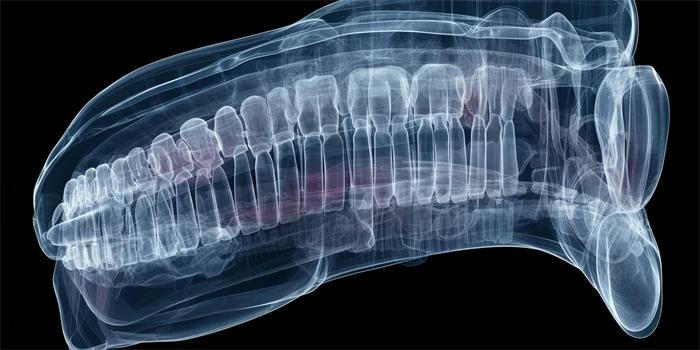When it comes to fixing dental issues such as decay or minor cosmetic imperfections, dental fillings and bonding are two common treatment options. However, choosing between the two can be a challenging decision. This article aims to provide you with key insights and information to help you make an informed decision. By understanding the differences between dental fillings and bonding, their applications, longevity, costs, and other relevant factors, you can confidently choose the right treatment option for your dental needs.

Dental Fillings
1. What are Dental Fillings?
Dental fillings are restorative materials used to repair teeth damaged by decay or fractures. Made from materials such as composite resin, silver amalgam, or porcelain, fillings restore the tooth's strength and integrity.
2. When to Choose Dental Fillings?
Dental fillings are ideal for treating cavities, moderate tooth decay, or structural damage. If you have a minor crack or chip in your tooth, a filling may be sufficient to fix the issue.
3. Procedure and Application of Dental Fillings
During the dental filling procedure, your dentist will remove the decayed or damaged portion of the tooth and then fill it with a suitable filling material. The dentist will ensure proper bonding and shaping for a comfortable fit.
4. Longevity of Dental Fillings
The longevity of dental fillings depends on various factors such as the material used and oral hygiene practices. Composite resin fillings typically last around 5-7 years, whereas silver amalgam fillings can last up to 15 years.
5. Cost of Dental Fillings
Dental fillings are generally less costly compared to other dental treatments like dental bonding or crowns. Fillings made from composite resin are more expensive than silver amalgam fillings.
Dental Bonding
6. What is Dental Bonding?
Dental bonding involves the application of a tooth-colored resin material to repair minor cosmetic dental issues like chips, discoloration, or gaps between teeth. The resin is bonded to the tooth using a special light, resulting in a natural-looking restoration.
7. When to Choose Dental Bonding?
Dental bonding is an excellent option if you have minor aesthetic concerns and want a conservative, non-invasive solution. It is commonly used for repairing small chips or covering up visible stains.
8. Procedure and Application of Dental Bonding
During the dental bonding procedure, your dentist will gently roughen the tooth surface, apply a conditioning liquid, and then mold the resin material onto the tooth. The resin is carefully shaped and polished to achieve a natural appearance.
9. Longevity of Dental Bonding
The longevity of dental bonding can vary depending on factors such as oral habits, tooth location, and maintenance. On average, dental bonding can last between 5-10 years with proper care.
10. Cost of Dental Bonding
Generally, dental bonding is more cost-effective compared to other cosmetic dental procedures like veneers or crowns. It offers a more affordable solution while still enhancing your smile's aesthetics.
Frequently Asked Questions
1. Is the dental filling procedure painful?
No, the dental filling procedure is not typically painful. Your dentist will use local anesthesia to numb the area being treated, ensuring you are comfortable throughout the procedure.
2. Can I get dental bonding on multiple teeth?
Yes, dental bonding can be used to treat multiple teeth with various cosmetic concerns. Your dentist will assess your situation and provide recommendations based on your specific needs.
3. How do I maintain dental fillings or bonding?
Maintaining dental fillings or bonding is similar to caring for your natural teeth. It involves proper oral hygiene practices such as brushing twice a day, flossing daily, and visiting your dentist for regular check-ups.
4. Can dental bonding be stained?
While dental bonding is stain-resistant, it can become discolored over time due to certain habits like smoking or consuming excessive amounts of coffee, tea, or red wine. Regular dental cleanings can help maintain the appearance of dental bonding.
5. Will dental fillings or bonding affect my ability to chew?
When properly placed and shaped, dental fillings and bonding should not significantly affect your ability to chew. Your dentist will ensure that the restoration feels comfortable and functions properly.
References:
- Dental Association Journal. (2018). Restoring front teeth effortlessly with direct composite restorations.
- Foundation for Oral Rehabilitation. (2019). Composite Fillings.
- Mayo Clinic. (2021). Dental Bonding.
- Medical News Today. (2020). Dental fillings: Procedure, costs, and what to expect.



